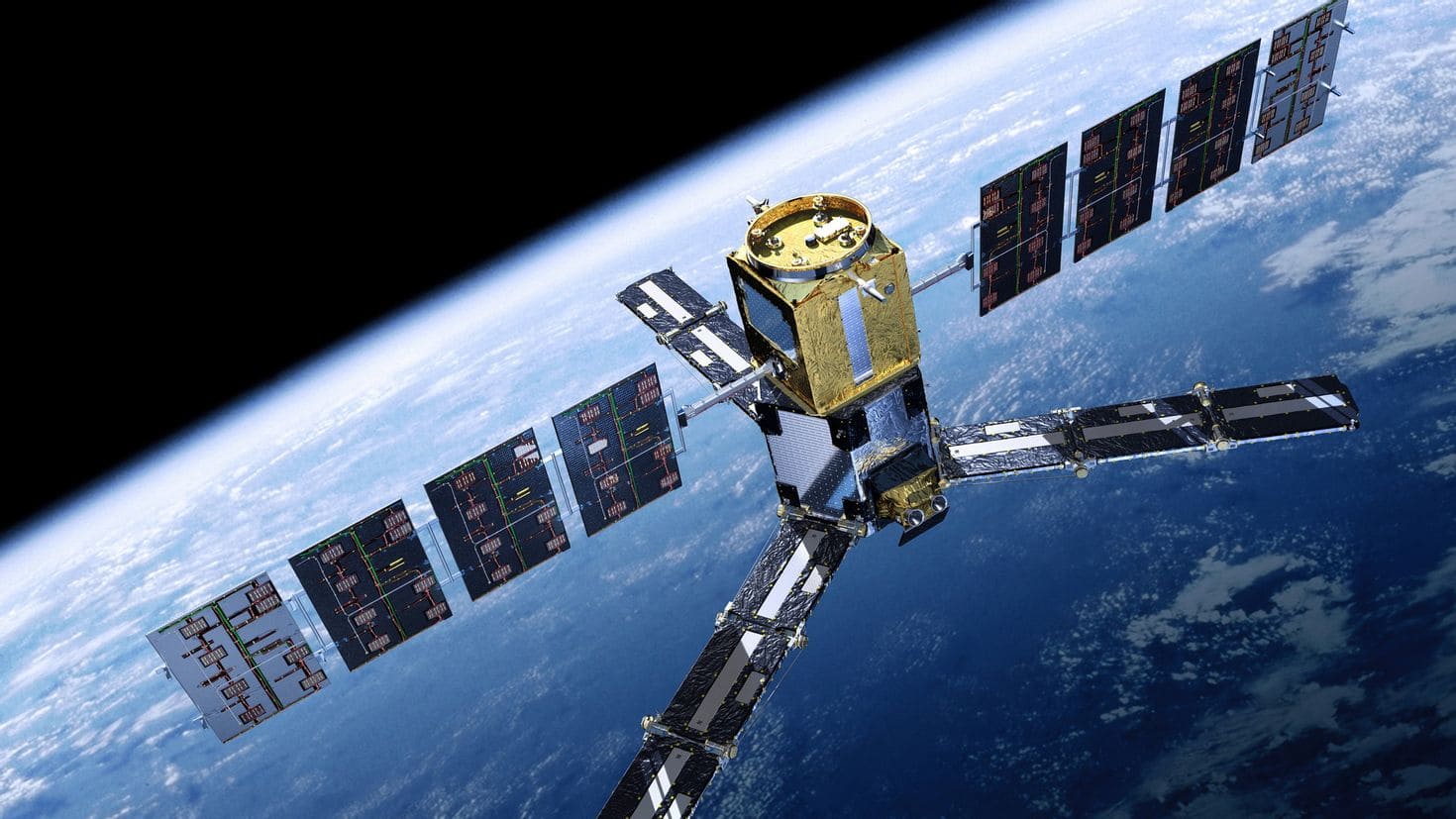The African space industry, though still in its nascent stages compared to established space-faring nations, is rapidly evolving and holds significant potential for economic impact across the continent. This potential spans several sectors, including agriculture, communication, disaster management, education, and scientific research. Here’s an overview of the economic impact of the African space industry:
1. Job creation and skill development
The development of the space industry in Africa has the potential to create thousands of jobs, ranging from highly skilled technical positions in engineering, data analysis, and research, to support roles in administration and manufacturing. Countries such as South Africa, Nigeria, Egypt, and Kenya have already made strides in developing their space programs, creating new job opportunities and driving the demand for STEM (Science, Technology, Engineering, and Mathematics) education and training. This can lead to an overall increase in the skill level of the workforce and foster innovation.
2. Agriculture and food security
Satellite technology can significantly improve agricultural productivity and food security in Africa. Remote sensing and satellite imagery allow for better monitoring of crop health, soil conditions, and water resources. This technology helps farmers optimize the use of inputs such as water and fertilizers, predict and manage pest infestations, and plan harvests more effectively. Improved agricultural practices can lead to increased yields, reduced waste, and enhanced food security, which are crucial for economic stability and growth.
3. Communication and connectivity
Satellites play a critical role in bridging the digital divide in Africa, particularly in remote and rural areas where terrestrial infrastructure is lacking or non-existent. Improved communication infrastructure can enhance access to information, education, and e-commerce opportunities. For instance, internet connectivity via satellites can enable telemedicine services, allowing for better healthcare delivery in underserved regions, thus improving overall public health and productivity.
4. Disaster management and environmental monitoring
The ability to monitor natural disasters such as droughts, floods, and wildfires using satellite data is invaluable for disaster preparedness and response. Early warning systems can save lives, reduce economic losses, and assist in the efficient allocation of resources during crises. Additionally, environmental monitoring through satellites can help track deforestation, desertification, and the effects of climate change, enabling better policy-making and sustainable management of natural resources.
5. Scientific research and innovation
Investment in the space industry fosters a culture of scientific inquiry and technological innovation. Research in space science and technology can lead to advancements that benefit other industries, such as telecommunications, materials science, and computer technology. Collaboration with international space agencies and participation in global space missions can also elevate the scientific standing of African nations and open up new avenues for research funding and partnerships.
6. Economic diversification and investment
The space industry can contribute to economic diversification, reducing reliance on traditional sectors such as agriculture and mining. A robust space sector can attract foreign direct investment, foster the growth of local aerospace companies, and stimulate the development of ancillary industries. This diversification is vital for economic resilience and long-term growth.
7. Revenue generation
Government and private sector investments in satellite technology can lead to revenue generation through the commercialization of satellite data, telecommunications services, and satellite launches. Countries like Nigeria and South Africa have already launched their own satellites, providing services not only domestically but also to other countries, generating income and reducing the need to rely on foreign satellites.
The economic impact of the African space industry is multifaceted and holds great promise for the continent’s development. By leveraging satellite technology, African nations can address some of their most pressing challenges, enhance economic stability, and position themselves as active participants in the global space economy. As investments in the sector grow and more countries establish their space capabilities, the benefits to economic growth, job creation, and technological advancement will become increasingly evident, contributing to a more prosperous and sustainable future for Africa.



